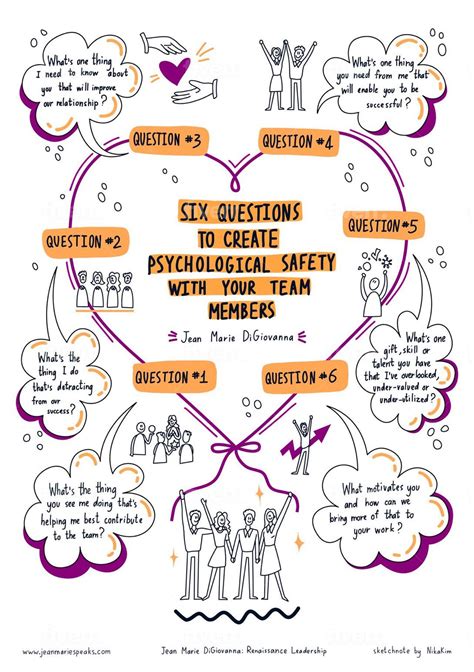In the context of human behavior, group psychology plays a significant role in shaping our actions, decisions, and interactions. While being part of a group can provide a sense of belonging and support, it can also have a darker side. Group psychology can sometimes lead to the suppression of individuality, the spread of misinformation, and even the destruction of others.
The Dangers of Groupthink
Groupthink is a phenomenon where a group of individuals, motivated by the desire for unanimity and the avoidance of conflict, make irrational or poor decisions. This occurs when group members prioritize consensus over critical thinking, leading to a lack of creativity, innovation, and problem-solving. Groupthink can have devastating consequences, such as the failure of businesses, the collapse of financial systems, and even the escalation of wars.

The Power of Conformity
Conformity is the tendency for individuals to change their behavior or opinions to align with those of a group. While conformity can be beneficial in certain situations, such as following social norms or rules, it can also be destructive. When individuals conform to a group without critically evaluating the information, they can become complicit in destructive behaviors, such as bullying, harassment, or even violence.

The Rise of Mob Mentality
Mob mentality is a phenomenon where a group of individuals, often fueled by emotions such as anger or fear, engage in destructive behavior. This can manifest in various ways, such as riots, lynchings, or cyberbullying. Mob mentality is particularly concerning in today's digital age, where social media can amplify and spread misinformation, leading to the rapid escalation of destructive behavior.

The Effects of Social Loafing
Social loafing is a phenomenon where individuals exert less effort when working in a group than they would when working alone. This can lead to a lack of productivity, motivation, and innovation within the group. Social loafing can also have negative consequences, such as the free-rider problem, where some individuals benefit from the efforts of others without contributing themselves.

The Dangers of Social Exclusion
Social exclusion is the act of excluding or ostracizing individuals from a group. This can have severe consequences, including decreased self-esteem, anxiety, and depression. Social exclusion can also lead to the suppression of creativity, innovation, and progress, as individuals who are excluded may have valuable insights or perspectives that are not being heard.

The Importance of Critical Thinking
Critical thinking is the systematic evaluation and analysis of information and ideas. It is essential in today's world, where misinformation and disinformation can spread rapidly. Critical thinking can help individuals make informed decisions, solve complex problems, and avoid the pitfalls of group psychology.

In conclusion, group psychology can have both positive and negative effects on individuals and society. While being part of a group can provide a sense of belonging and support, it can also lead to the suppression of individuality, the spread of misinformation, and even the destruction of others. By understanding the dangers of group psychology and promoting critical thinking, we can create a more informed, innovative, and inclusive society.
Gallery of Group Psychology






FAQs
What is group psychology?
+Group psychology is the study of how individuals behave and interact in groups.
Why is critical thinking important in group psychology?
+Critical thinking is essential in group psychology as it helps individuals make informed decisions and avoid the pitfalls of group psychology.
What are the dangers of groupthink?
+Groupthink can lead to poor decision-making, the suppression of creativity and innovation, and even the destruction of others.
